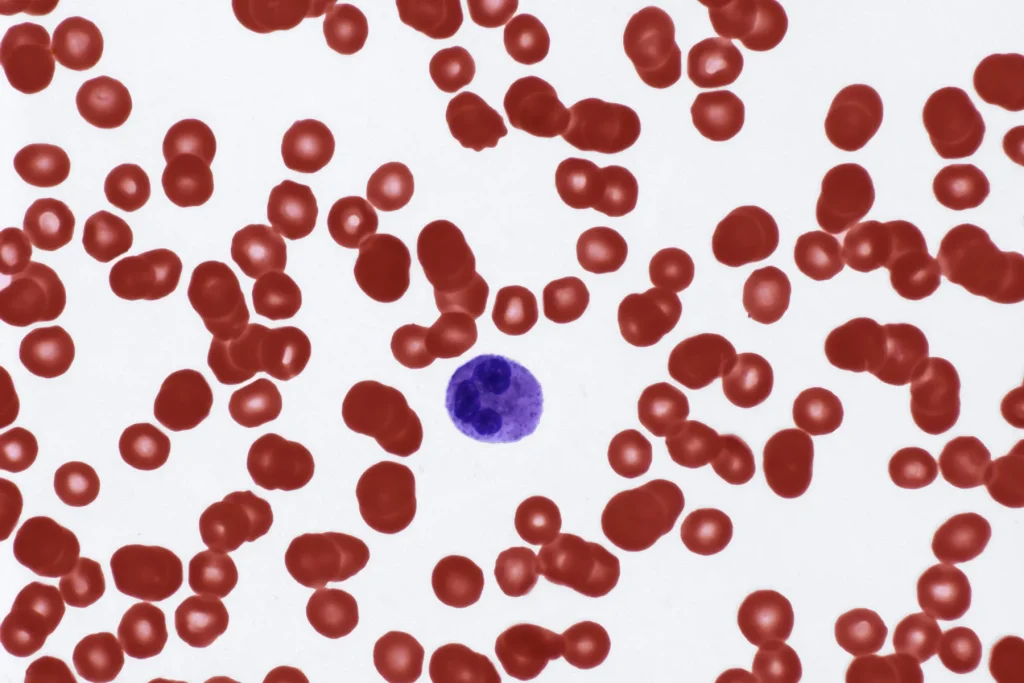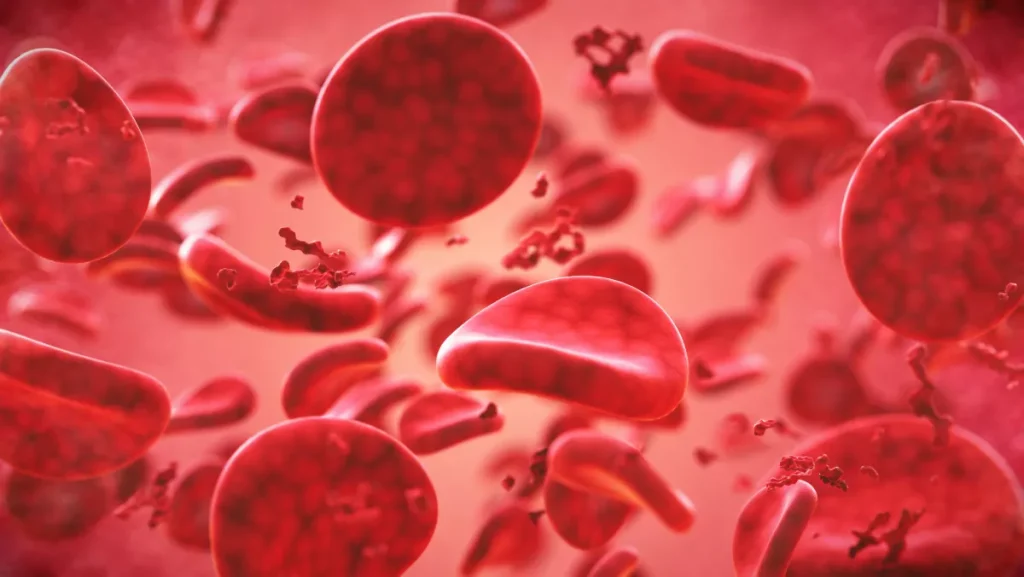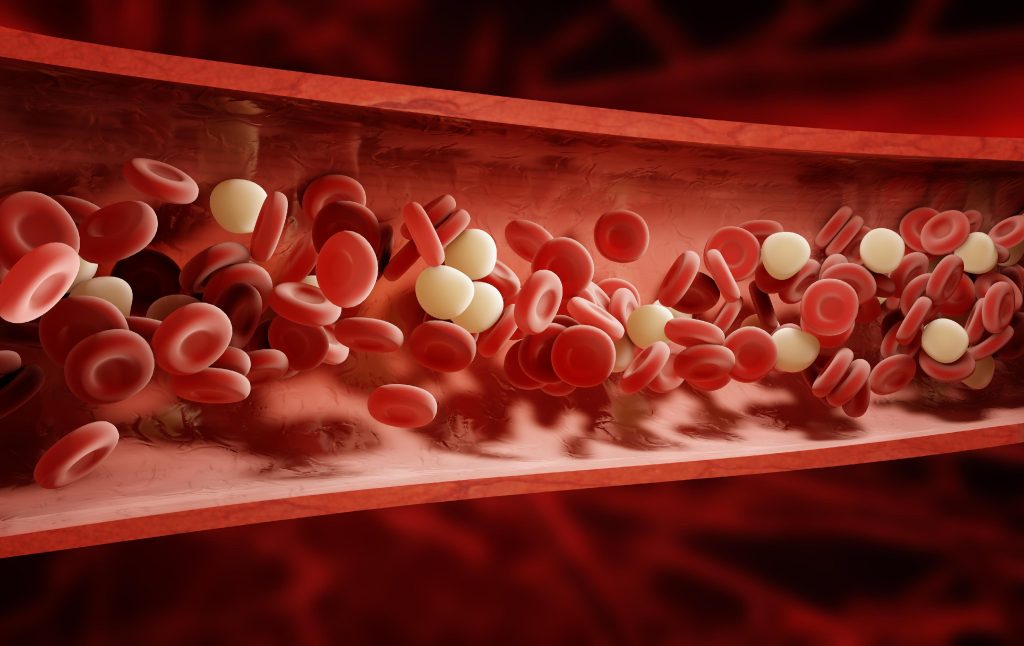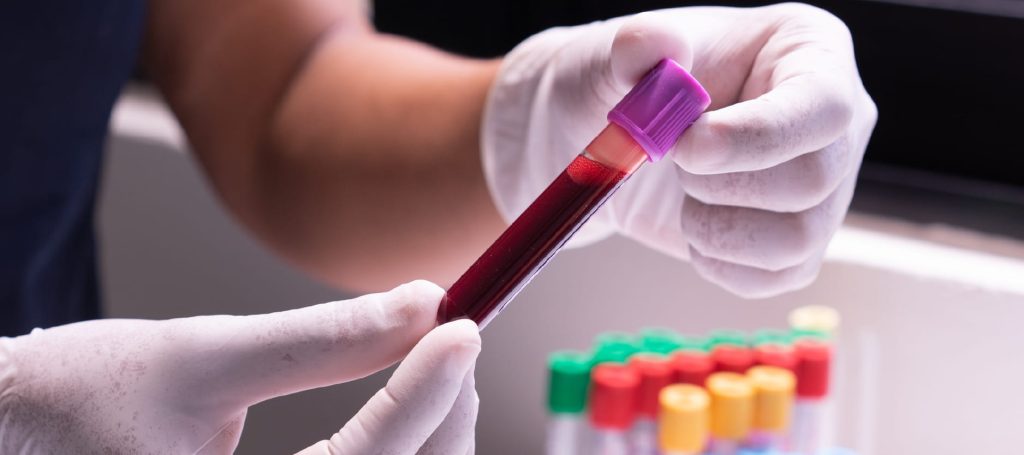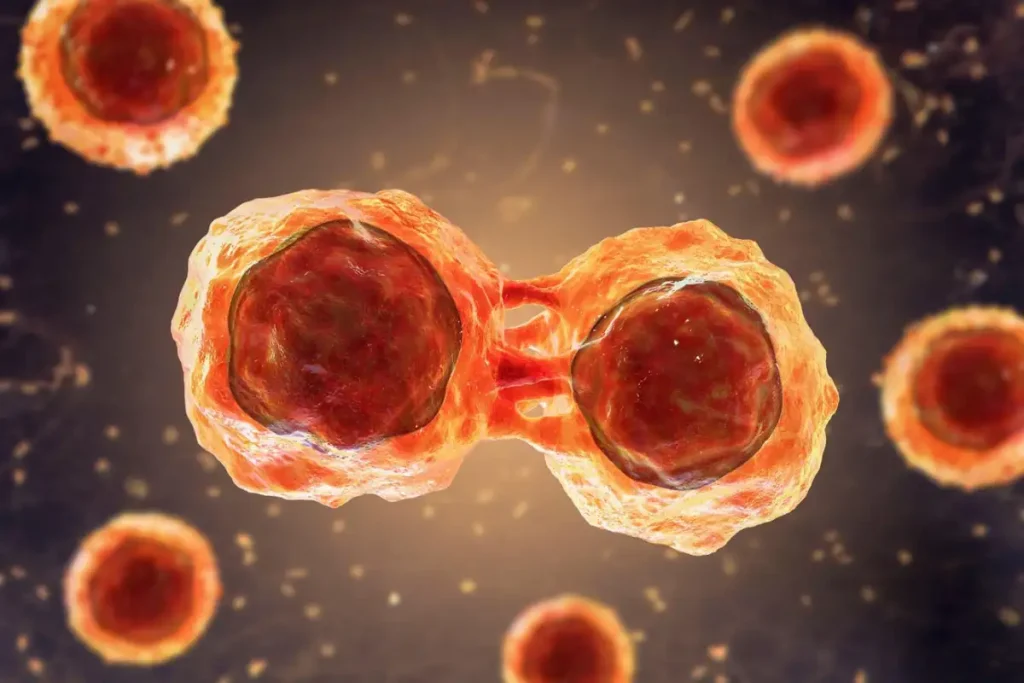Stem Cell Transplants: A Life-Saving Procedure
The procedure known formally as a hematopoietic stem cell transplant (HSCT), often referred to as a bone marrow transplant, stands as one of the most drastic and potentially curative interventions in modern medicine, particularly for hematologic malignancies and certain genetic disorders. It is not a simple operation; it is a complex and often brutal regimen…
Read more



